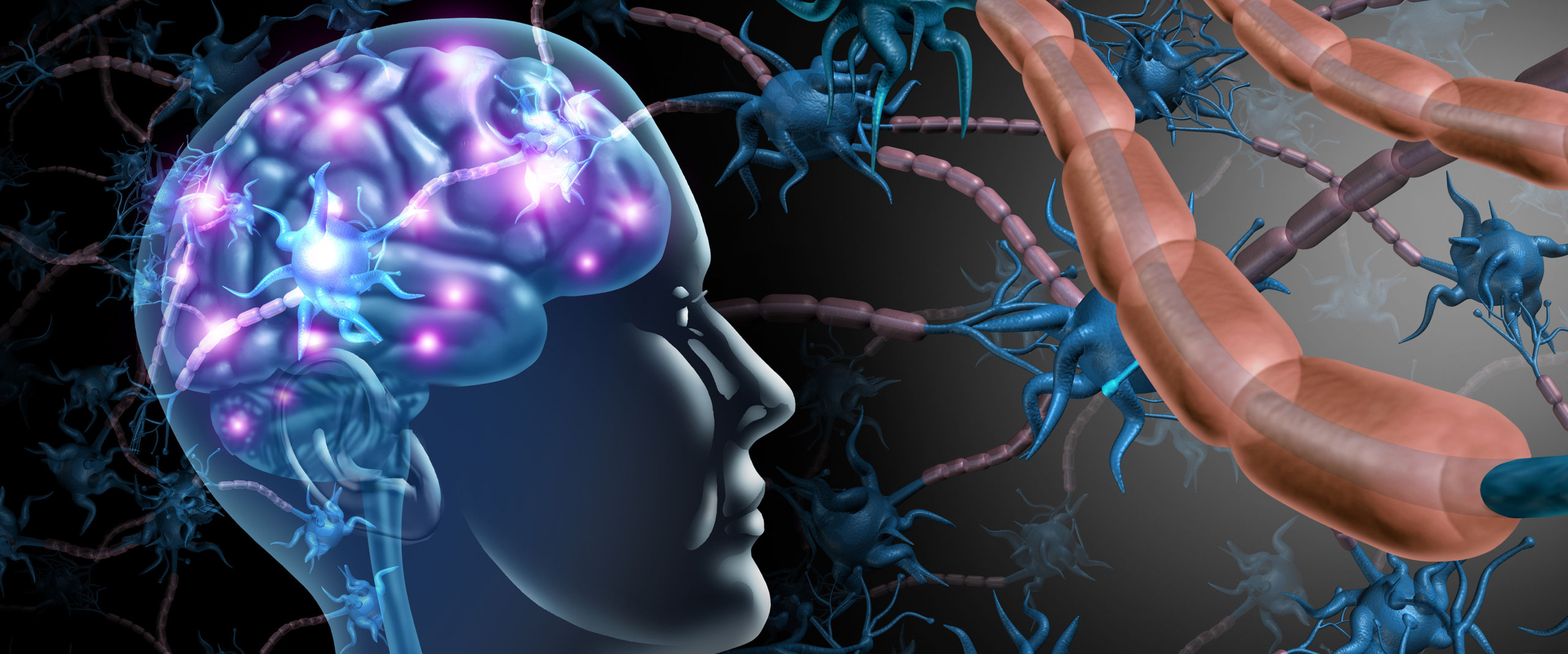Edit
About Us
Committed to bringing the latest in neurosciences and staying responsive to the needs of the community, we will soon launch our dream project with a new 100-bedded facility that will bring to the region much needed specialties such as Radiosurgery.








